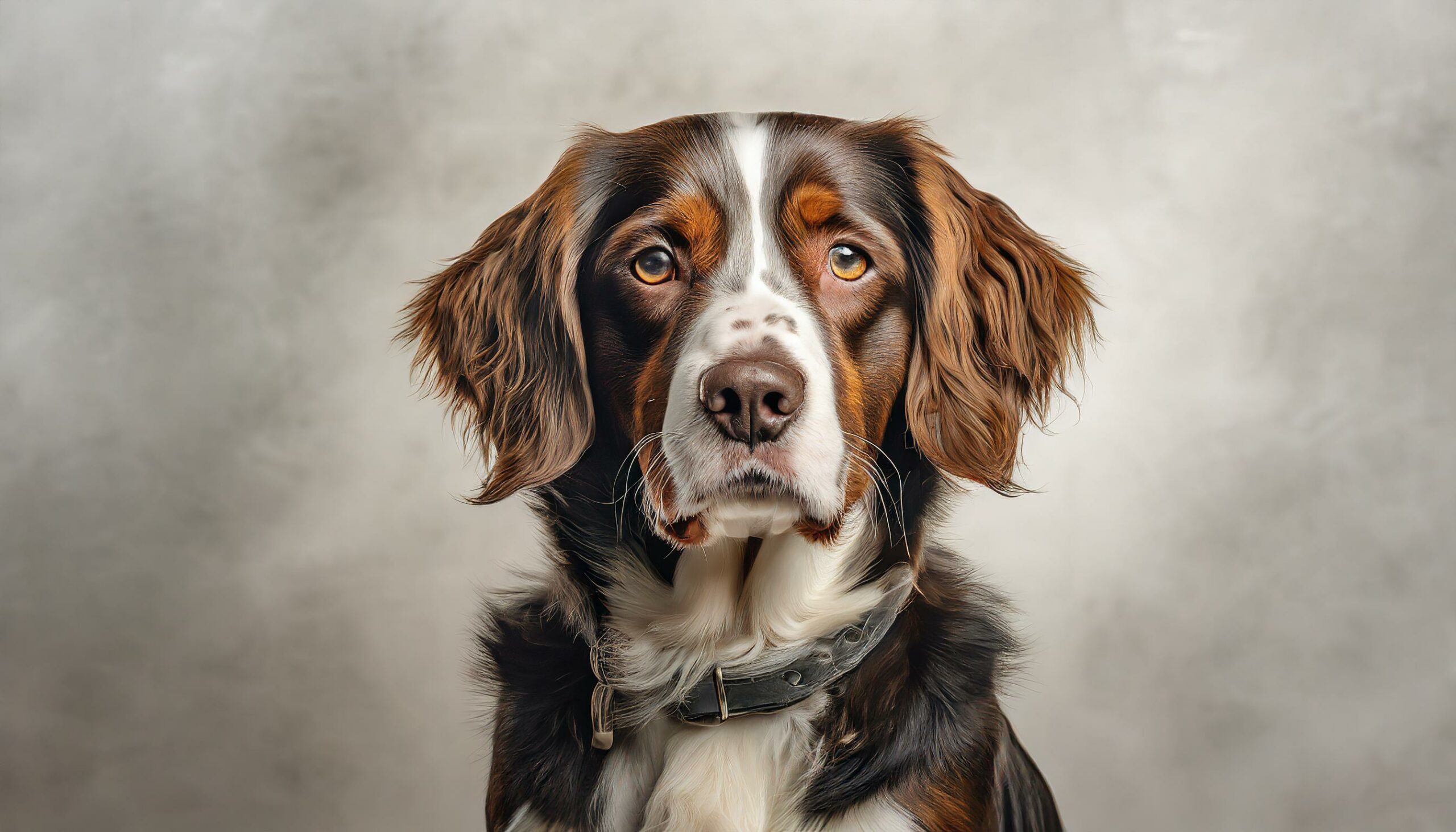The Bolognese, named after the city of Bologna in Italy, is a breed that captures the hearts of dog lovers with its fluffy white coat, expressive eyes, and affectionate nature. This small but sturdy toy breed is part of the Bichon family, which includes the Bichon Frise, Maltese, and Havanese, among others. Known for their loyalty and the strong bonds they form with their owners, Bolognese dogs are cherished not just for their adorable appearance but also for their gentle and loving temperament. This profile explores the origins, physical characteristics, temperament, care needs, and the suitability of the Bolognese as a family pet.
Origins and History
The Bolognese has a long and aristocratic history, dating back to the 11th century in Italy, where they were favored by nobility and the wealthy. These charming little dogs were often given as precious gifts among the elite and were cherished for their companionship. Renaissance paintings and writings depict the Bolognese, indicating their esteemed place in high society. Despite their ancient and noble lineage, Bolognese remain relatively rare outside of Europe but have been gaining popularity worldwide for their endearing qualities and compatibility as companion animals.
Physical Characteristics
The Bolognese is recognized for its distinctive white, fluffy coat that consists of hair, not fur, which is long and loosely curled, giving them a soft and cottony appearance. They typically weigh between 5.5 to 9 pounds and stand about 10 to 12 inches tall at the shoulder, making them a perfect size for a lap dog. Their round, dark eyes and black nose stand out against their white coat, conveying an expression of alertness and curiosity. Despite their delicate appearance, Bolognese are surprisingly robust and agile.
Temperament and Behavior
Bolognese dogs are known for their gentle, affectionate, and loyal demeanor. They thrive on human companionship and form strong attachments to their family members, often preferring to stay by their side. This breed is highly adaptable and does well in various living situations, making them excellent pets for city dwellers and those with limited space. While they are relatively quiet and less yappy than some other small breeds, they are alert and can make good watchdogs. Their friendly nature generally makes them good with children and other pets, provided they are socialized from an early age.
Care and Health
The Bolognese’s coat requires regular grooming to keep it looking its best and to prevent mats and tangles. While they are considered to be low shedding, their grooming needs are not to be underestimated; regular brushing and occasional baths are necessary. They have a moderate energy level and enjoy short walks and playtime. Health-wise, the Bolognese is generally a healthy breed with a lifespan of 12 to 14 years, but like all breeds, they can be prone to certain genetic conditions. Regular veterinary check-ups and a balanced diet are important to maintain their health.
Training and Socialization
Despite their sometimes stubborn streak, Bolognese are intelligent and responsive to training when it’s done with patience and positive reinforcement. Early socialization is crucial to ensure they grow up to be well-rounded dogs, comfortable with different people, animals, and situations. They are known to excel in obedience and agility training, which also provides mental stimulation and strengthens the bond between dog and owner.
The Bolognese in the Family
The Bolognese makes an ideal family pet for those looking for a small, devoted companion. Their adaptable nature means they can thrive in both quiet households and busy homes, as long as they receive plenty of love and attention. Their affectionate disposition makes them great companions for seniors, while their playful side can delight children. For families and individuals seeking a loving and loyal lap dog with an aristocratic heritage, the Bolognese is a breed that offers endless affection and companionship.
In conclusion, the Bolognese is a breed that embodies the ideal qualities of a companion dog: affectionate, loyal, and adaptable, with a touch of aristocratic elegance. Their loving nature and manageable size make them suitable for a wide range of homes and lifestyles, ensuring that they continue to be cherished as beloved members of the family.
